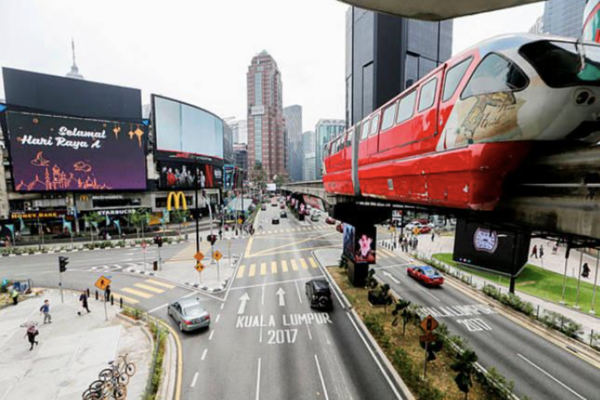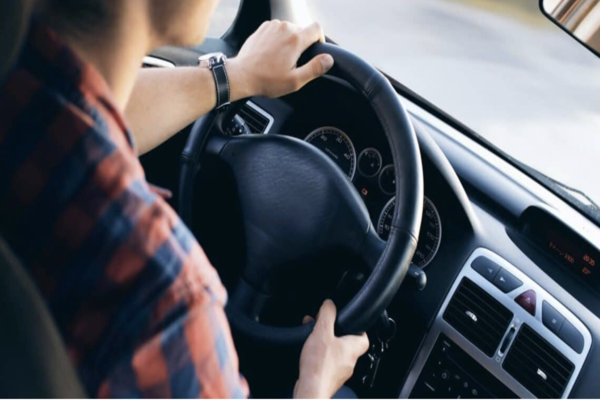
Borrowers can get help from AKPK or financial planners
September 14, 2021
Investing: How can retirees diversify out of FDs?
September 14, 2021PETALING JAYA: Many Malaysians are deeply in debt, and some could spend their entire working life paying off what they owe.
These debts are incurred through vehicle purchases, paying university or college fees, credit card spending and taking out personal loans from banks.
Shockingly, a recent survey by the Malaysia Financial Planning Council also found that at least a third of Malaysians list their vehicles – whose value depreciates with time – as an asset. A total of 1,500 people, 67% of whom are women, responded to the survey.
Thirty-five per cent of the respondents have more debts than assets, 24% have about the same amount in assets and debts and the remaining 41% have more assets than debts.
Adding to the financial quagmire is the fact that Malaysians have very little savings. Half of the respondents save less than 10% of their monthly income. At least 9% said they do not earn enough to make ends meet, and are unable to put anything aside for a rainy day.
More worrisome is the fact that most do not feel the need to save for emergencies or the future, counting on their savings in the Employees Provident Fund as a “good enough” cushion.
Financial experts said this could be because most do not have anything left to put aside after getting their salary.
Financial planner Felix Neoh said this could be due to the fact that many people have very low basic salaries, so they end up in debt because the cost of living is high.
“Many people are unable to deal with their debts, so they turn to the Credit Counselling and Debt Agency for help,” he told theSun.
“The simple analogy is that they dig one hole to cover another, but this cannot go on forever. There will come a time when they run out of options.”
He pointed out that a car is actually a “depreciating asset” rather than an asset. It is for this reason that financial planners do not include a car as an asset when making financial plans.
“You won’t even know if you’ll get back enough to settle the outstanding loan amount on the car if you sell it,” he said.
“A car may be a necessity but one does not have to buy an expensive car. You can always go for a cheaper or second-hand one.”
Neoh said it is also important to realise that the Covid pandemic and its economic impact have hit people’s incomes and they need to find ways to reduce expenses.
Universiti Tun Abdul Razak economist Prof Dr Barjoyai Bardai said a high debt level is not a new phenomenon in Malaysia.
“The question is whether borrowers are able to service their debts.
“The fact that people see a car as an asset is a reflection of how materialistic we have become. The view today is that if you don’t own a car, you’re nobody,” he added.
Barjoyai said financial distress is also linked to mental health.
“People worry when they can’t earn enough to make ends meet and cover debt repayments at the same time.”
First published in The Sun Daily on August 24, 2020




